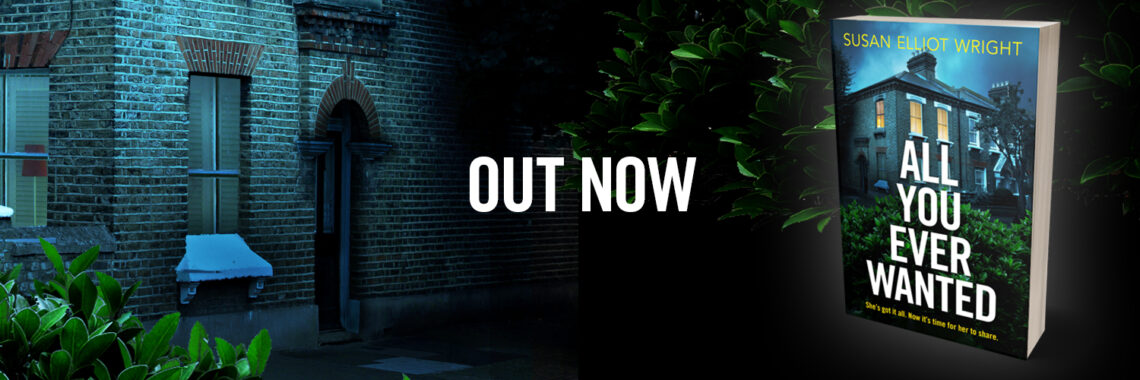MY WRITING WEEK: TWO OF 10
Overview:
I didn’t hit my target of 4000 words this week, but wasn’t too far off at 3790. Total word count now: 38, 213 (Didn’t count how many words I deleted, but it would seem to be about 2000. Oh well…)
MY WRITING WEEK: ONE OF 10
 |
| Daily Rituals, by Mason Currey |
Launch of The Secrets We Left Behind
 But the launch party feels like a bit more of a landmark moment. Lots of your friends turn up, sometimes even bearing gifts, like these gorgeous flowers. It’s also a great opportunity to dress up. Yes, I bought a new dress for the occasion, and I wore pink shoes. Pink!! These pink shoes have been seen before, and I’m sure they’ll be seen again – they’re the only ‘nice’ shoes I can get my horrible fat feet into.
But the launch party feels like a bit more of a landmark moment. Lots of your friends turn up, sometimes even bearing gifts, like these gorgeous flowers. It’s also a great opportunity to dress up. Yes, I bought a new dress for the occasion, and I wore pink shoes. Pink!! These pink shoes have been seen before, and I’m sure they’ll be seen again – they’re the only ‘nice’ shoes I can get my horrible fat feet into.It’s lovely to be able to celebrate properly, to drink some wine with people who are actually buying your book – not only friends, but ‘real’ readers, too! I was thrilled to see so many people that I didn’t know at the event – some came because they’d seen it advertised in Waterstones, and some because they’d enjoyed the first book and had looked on my website. It’s especially nice when readers ask you to sign the book and tell you how much they’re looking forward to reading it. If you’re really lucky, they tell you how much they enjoyed your first book. Then you end up feeling very smiley!
and when, despite my best intentions, I couldn’t resist nipping into town to have a nosy around the bookshelves, I’m thrilled to report that I found it in Waterstones, Tesco’s, and WH Smith! So I had another glass of champagne.
Writing a first draft 2 (and 1!)
Back in June 2012, I was struggling terribly with the first draft of my second novel. In despair one day, partly as a displacement activity and partly in order to give myself a talking to, I wrote a blog post about writing a first draft (I’ve copied and pasted the original post below, exactly as it appeared at the time.) I had a lot of feedback from this post; it seemed to strike a chord with many writers who said they’d found it helpful and encouraging. Well, now I find myself struggling with a first draft yet again, so I thought I’d return to this post and re-read it to see if it would ‘help and encourage’ me at all – because bloody hell, do I need some help and encouragement!
My third novel currently exists only in scraps and sketches, odd scenes and possible scenarios. There are some chapters, but will they stay? There are two versions of some scenes – one first person, one third person; I’m still not sure what works best. It’s all going on in my head – the characters have taken up residence and are talking to me all the time. The only trouble is, they keep changing – ages, names, occupations; all sorts. I have my themes – I think – and I have an outline of the story, but anyone who’s ever written longer fiction knows that the story changes as you go along, which means more planning, and more doubt creeping in. Can I make this work? Will I ever finish this book?
So I’ve re-read my own blog post and am happy to report that I do feel encouraged, because when I look at the post below, I can see that, back in June 2012, I had been feeling exactly the same way about the first draft of my second novel – and that novel is being published on 8th May 2014.
The Secrets We Left Behind is the indisputable evidence that what seemed utterly impossible to me at that point was possible – I did it, I finished the book and it’s coming out in two weeks’ time!
By the way – the launch is on 21st May at Waterstones, Orchard square, Sheffield at 6:30pm – do come along if you’re in the area!
I see that I’d hoped to finish a first draft by August 2012, but it actually took longer, and although I finished a rough draft just after Christmas, it was early April 2013 before I was ready to show the MS to my agent and my editor. But giving myself a deadline was still a good idea, because it encouraged me to push forward, to keep going, to keep putting the words on the page even though I knew there would be lots of rewriting to do and cuts to make.
I’m considering trying the ‘pebbles in a jar’ approach again (see original post), or maybe I’ll make a graph and stick it on the wall. But whatever happens, re-reading this post has reminded me that what I’m feeling now is normal (for me, anyway, and I think for a lot of other writers) and that I just need to keep going, to keep the faith. I hope this, and/or the original post might offer a glimmer of hope to those of you currently experiencing the agony of the first draft!
29 June 2012
A thrilling first year…
Do we have a right to a happy ending?
Another post about writing retreats!
For more about me and my work, visit: www.susanelliotwright.co.uk























